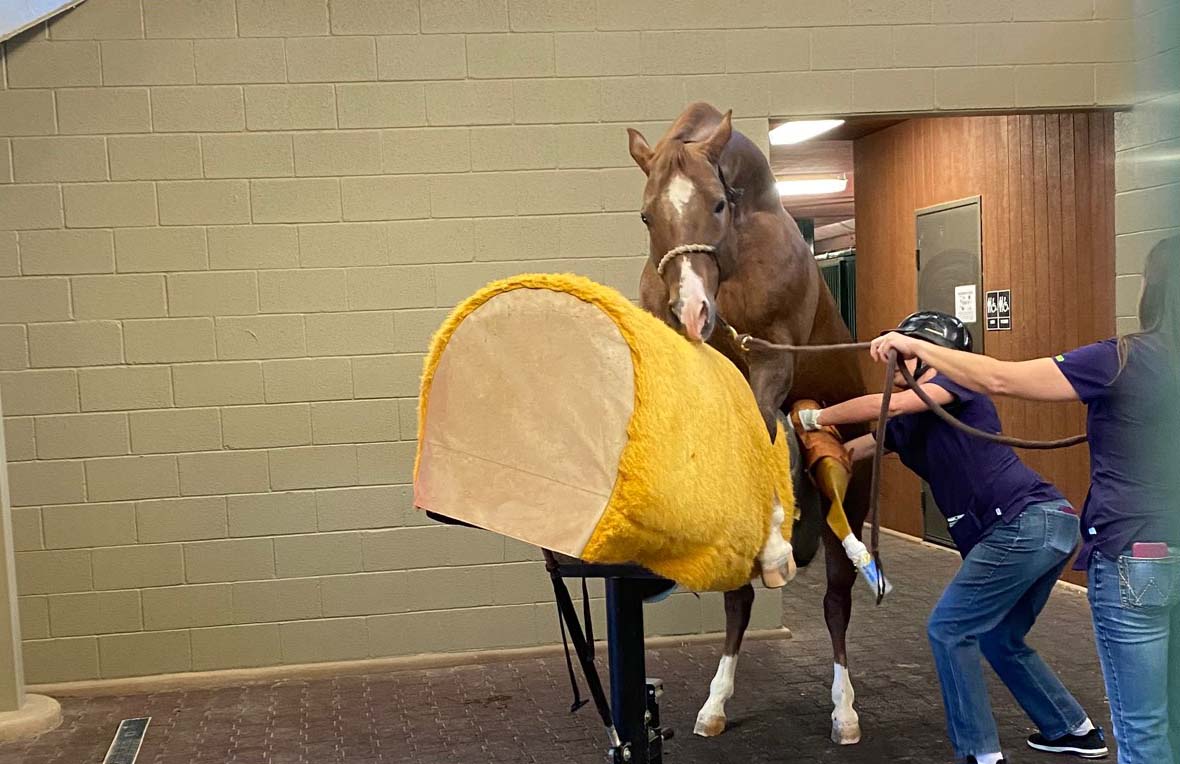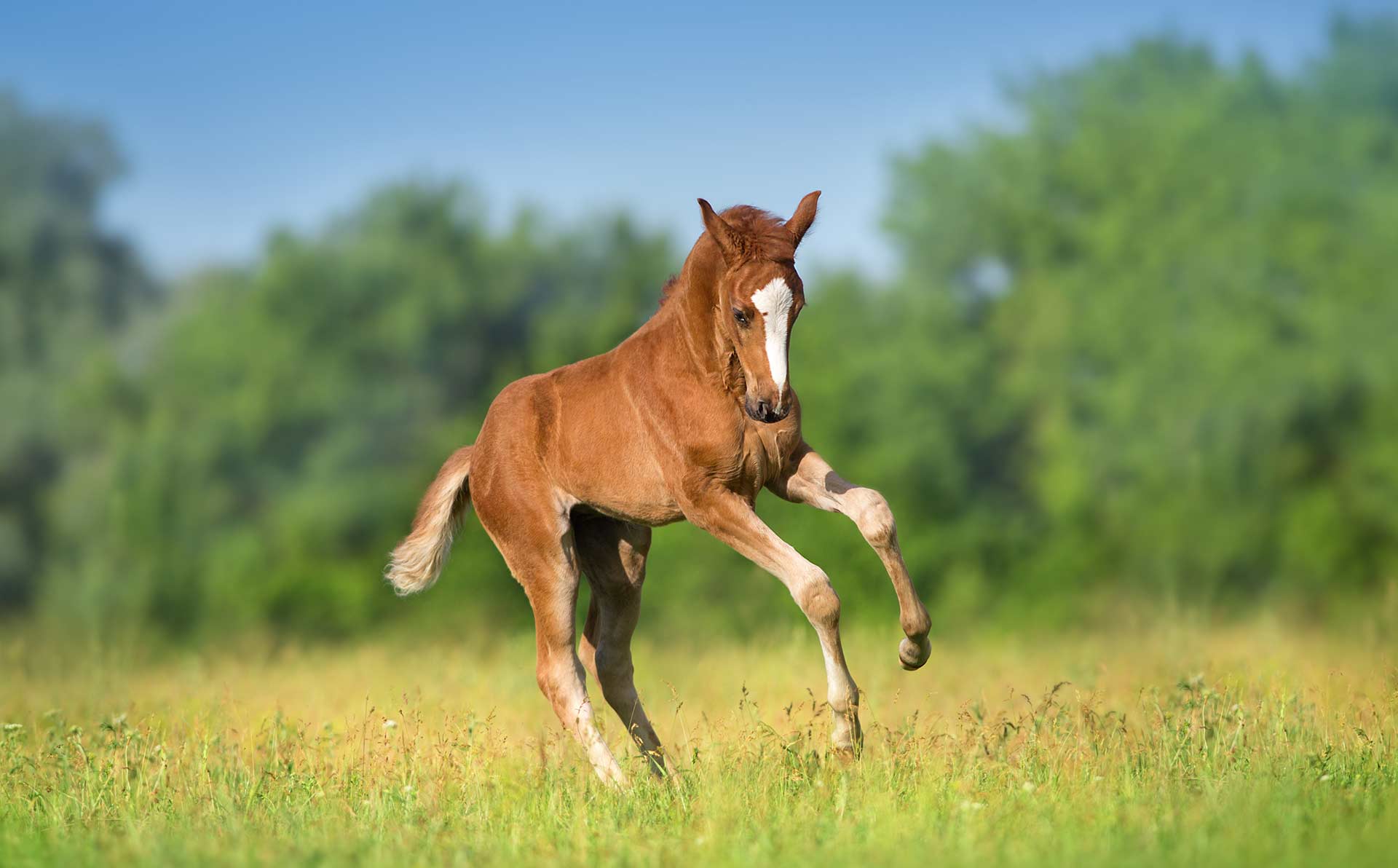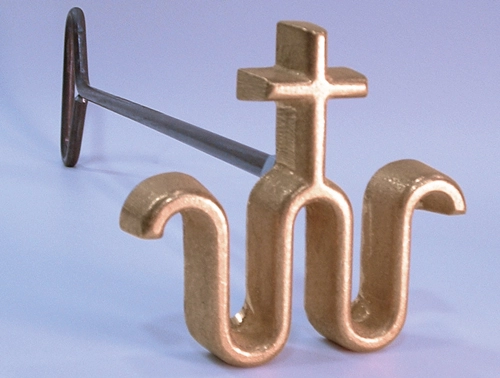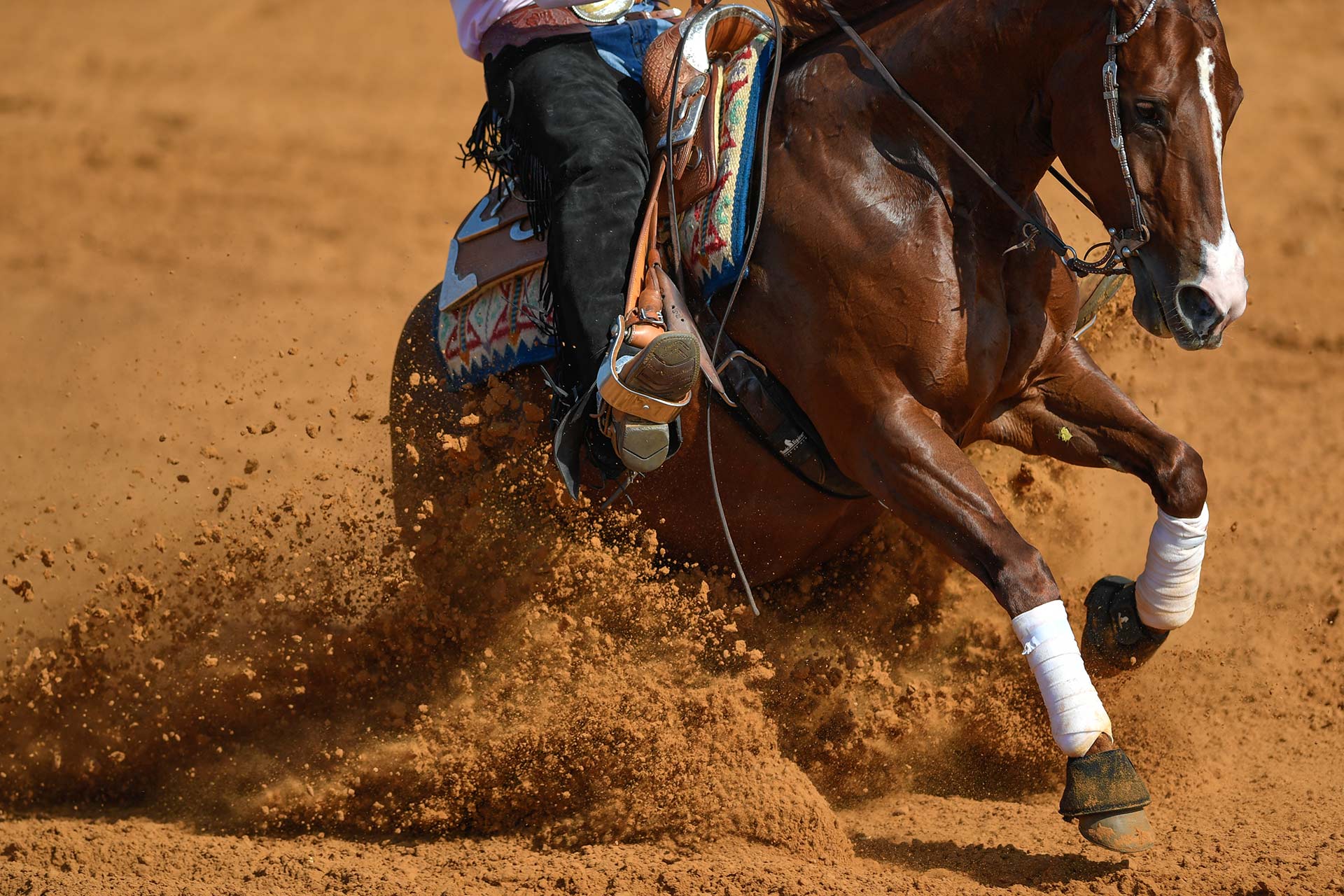Breeding a mare is a significant responsibility that requires careful planning and preparation to ensure the health and well-being of both the mare and the foal. Here are the steps to prepare for breeding your mare:
- Evaluate the Mare’s Health:
- Ensure your mare is in good overall health. This includes regular vaccinations, deworming, dental care, and hoof maintenance.
- Consult with a veterinarian to perform a thorough reproductive examination, including a uterine culture, cytology, and a breeding soundness evaluation.
- Address any health issues or concerns that may affect the mare’s ability to conceive or carry a foal to term.
- Choose a Suitable Stallion:
- Research and select a stallion that complements your mare in terms of conformation, temperament, and breeding goals.
- Consider the stallion’s pedigree, performance record, and any genetic testing if applicable.
- Discuss your choice with a veterinarian or equine reproductive specialist to ensure compatibility and increase the chances of a successful mating.
- Timing the Breeding:
- Determine the optimal time for breeding your mare. This often involves monitoring the mare’s estrus cycle and using techniques such as ultrasound to track ovarian follicle development.
- Decide whether you will opt for natural breeding or artificial insemination (AI), and follow the appropriate procedures.
- Nutrition and Conditioning:
- Maintain a balanced and appropriate diet for your mare to ensure she is in good condition for breeding.
- Consult with a veterinarian or equine nutritionist to adjust her diet as needed to support pregnancy.
- Ensure she is at an ideal body condition score, neither too thin nor overweight.
- Reproductive Health Care:
- Discuss a vaccination and deworming schedule with your veterinarian to protect the mare and potential foal from diseases.
- Implement a pre-breeding examination, including a uterine culture and cytology, to rule out any infections that could affect fertility.
- Address any reproductive issues, such as uterine inflammation or cysts, as recommended by your veterinarian.
- Breeding Facility and Equipment:
- Ensure you have access to appropriate breeding facilities.
- Breeding Contract and Agreements:
- If using a stallion from an outside owner, make sure you have a clear breeding contract outlining fees, responsibilities, and terms.
- Consider insurance options to cover any complications during pregnancy or foaling.
- Foaling and Post-Breeding Care:
- Plan for the care and management of the mare during pregnancy and after foaling.
- Develop a foaling plan, including a suitable foaling area and access to emergency veterinary care if needed.
- Ensure the mare receives appropriate prenatal care and nutrition throughout her pregnancy.
- Documentation and Record-Keeping:
- Keep detailed records of the mare’s reproductive history, estrus cycles, breeding dates, and veterinary treatments.
- Maintain a calendar or breeding journal to track important milestones and dates.
- Patience and Monitoring:
- Be patient and prepared for potential challenges or delays in the breeding process.
- Continuously monitor the mare’s reproductive status through veterinary assistance and ultrasounds.
Breeding a mare requires careful attention to detail and a commitment to the health and well-being of both the mare and the potential foal. Working closely with a veterinarian specializing in equine reproduction crucial to maximize the chances of a successful breeding outcome.








